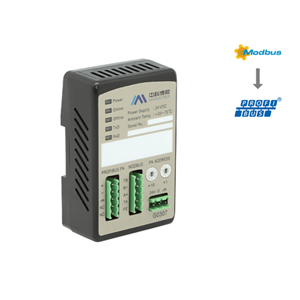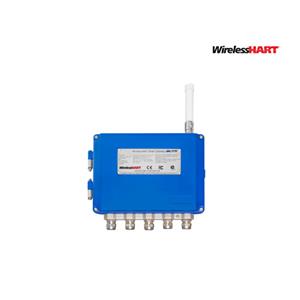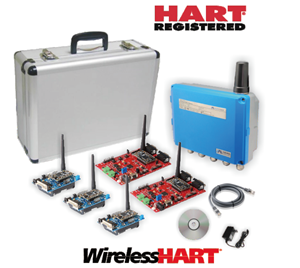What is an Industrial Gateway?
What is an Industrial Gateway?
An industrial gateway is a type of gateway specifically tuned and designed for industrial environments and Internet of Things (IoT) applications. Like any gateway that operates at the edge of the network, industrial gateways connect devices and resources in the local network environment with remote assets located on another network or in the cloud. And like these edge gateways, industrial gateways can link systems employing diverse network protocols, while often providing on-board processing to secure, filter and manage complex data flows.
Where industrial gateways differ is in their design, which is ruggedized for severe and remote environments, and designed for minimal physical maintenance and interaction. Shop and factory floors, vehicles and transport, and external locations like transmission towers and rail yards are all examples of environments that demand industrial-grade gateways. Fanless cooling and ventless chassis designs mitigate wear caused by exposure to dust and particles, while eliminating moving parts most prone to failure.
Industrial Gateways & the Internet of Things
These devices are tuned to industrial applications. Imagine a steel factory responsible for producing sheet steel. The rolling machine processes raw material and tracks its progress, delivering it to a gateway device. That device passes the raw data to a local or remote control room, or it might process the data to deliver run rates, production totals or diagnostic data to a remote endpoint. Industrial gateway systems enable more efficient operation in a wide range of commercial and embedded applications
Increasingly, organizations are turning to industrial gateways to enable Internet of Things (IoT) applications. These edge devices can receive data flows from hundreds of individual sensors, cameras and other devices-- over network schemes like Ethernet, WiFi and Bluetooth-- and funnel them to the network edge where the data can be processed or transmitted.




